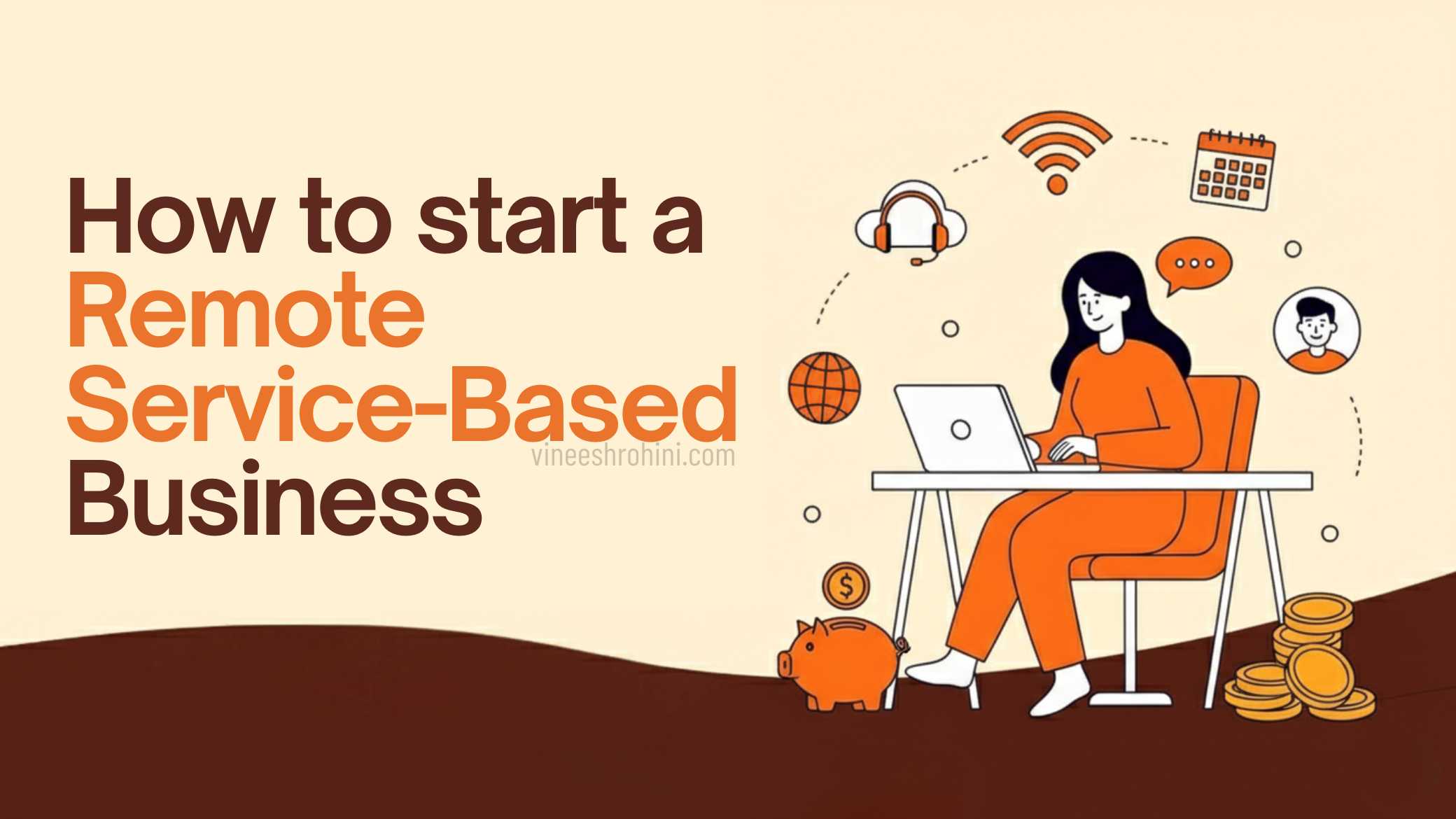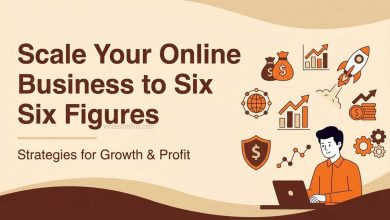The Future of Influencer Marketing with AI : Comprehensive Guide 2025
Influencer Marketing with AI : Influencer marketing has become a cornerstone of the digital marketing ecosystem, shaping how brands communicate with their audiences. In 2025, artificial intelligence (AI) is revolutionizing the landscape once again — redefining influencer discovery, campaign management, content creation, and performance tracking. The combination of AI and influencer marketing is ushering in a new era of data-driven creativity, authenticity, and personalization.
Table of Contents
This comprehensive guide explores how AI is transforming influencer marketing, the emerging trends shaping the industry, and how brands and creators can adapt to thrive in the years ahead.
1. Understanding the Evolution of Influencer Marketing

Before diving into the role of AI, it’s important to understand how influencer marketing has evolved. Initially, influencer marketing revolved around celebrities endorsing brands. Over time, social media democratized influence — allowing micro and nano influencers to become powerful marketing channels. Consumers started valuing authenticity and relatability over fame. This transition gave rise to thousands of creators specializing in niches like beauty, tech, travel, finance, and lifestyle.
Also Read : Top E-commerce Business Models in 2025
However, as the industry matured, challenges such as fake followers, performance tracking, and scalability began to surface. Traditional influencer marketing required manual research, negotiation, and campaign monitoring. That’s where AI and machine learning entered the scene — enabling marketers to analyze large data sets, identify genuine influencers, and optimize results with precision.
Today, in 2025, AI isn’t just an assistant; it’s a full-scale marketing partner that powers every stage of influencer collaboration — from discovery to ROI measurement.
2. How AI Is Transforming Influencer Marketing
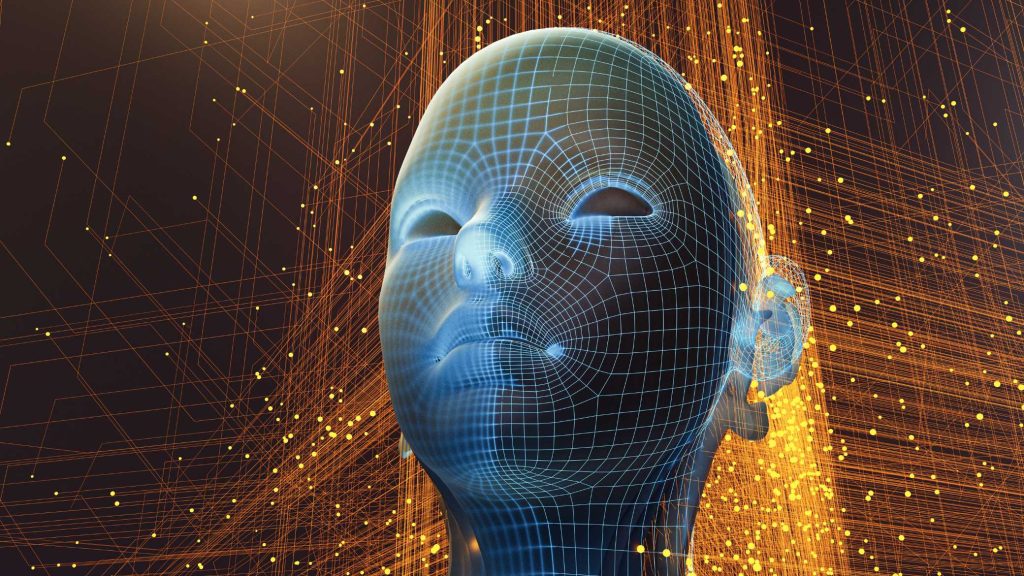
Artificial intelligence is now the backbone of the influencer marketing ecosystem. It automates time-consuming processes and enhances decision-making accuracy. Here’s how AI is reshaping every stage of influencer marketing:
2.1 Influencer Discovery and Selection
AI tools analyze millions of social media profiles to find influencers whose audiences align with a brand’s target demographics. Instead of relying on follower count, algorithms assess engagement quality, audience sentiment, and content relevance. AI also filters out fake influencers by detecting abnormal follower growth patterns or engagement spikes.
2.2 Predictive Campaign Performance
AI models can predict how well an influencer will perform for a specific campaign based on historical data, engagement trends, and audience behavior. This predictive capability reduces guesswork and allows marketers to allocate budgets efficiently.
2.3 Automated Content Creation
AI-driven tools like text and image generators help creators brainstorm captions, generate post ideas, and even produce visuals that align with brand guidelines. Creators can now use AI to design posts faster, ensuring consistency and creativity across platforms.
2.4 Sentiment and Engagement Analysis
Natural Language Processing (NLP) algorithms track comments, shares, and reactions in real time to measure audience sentiment. This helps brands understand not just how many people engaged, but how they felt about the content.
2.5 Campaign Optimization
AI continuously learns from campaign data to refine strategies. It can recommend the best posting times, platforms, and hashtags, and even adjust ad spend dynamically based on real-time performance.
3. The Rise of Virtual Influencers
One of the most fascinating AI trends in 2025 is the emergence of virtual influencers — computer-generated digital personas managed by teams or brands. These AI-driven characters have unique personalities, aesthetics, and storylines. Unlike human influencers, virtual influencers don’t age, take breaks, or cause PR issues. They can post around the clock, collaborate globally, and maintain perfect brand consistency.
Brands love virtual influencers for several reasons:
- Total Creative Control: Brands decide exactly how the influencer looks, speaks, and behaves.
- Cost Efficiency: No travel, contracts, or human limitations.
- Consistency: Virtual influencers don’t deviate from brand guidelines.
- Scalability: They can appear in multiple campaigns simultaneously.
However, there’s a trade-off — authenticity. While AI-generated influencers can mimic human emotion and personality, audiences often crave genuine connections. For influencer marketing to remain effective, brands must blend the efficiency of AI with the emotional depth of human storytelling.
4. Data-Driven Decision Making in Influencer Marketing
AI has transformed influencer marketing from an art into a science. Marketers now rely on data more than intuition. Every campaign metric — reach, engagement, conversion, retention — is measured, analyzed, and optimized using AI.
4.1 Audience Insights
AI tools go beyond surface-level metrics. They analyze followers’ age, interests, income levels, and behavior patterns to match brands with the right influencer audiences.
4.2 Campaign Forecasting
Machine learning predicts campaign outcomes before launch. Brands can estimate engagement rates, conversion potential, and expected ROI based on historical performance and social media trends.
4.3 Performance Attribution
AI tracks customer journeys across touchpoints. It identifies whether conversions came from an influencer’s Instagram Story, YouTube video, or TikTok mention. This data-driven clarity ensures more transparent ROI measurement.
4.4 Fraud Detection
AI combats influencer fraud — a major concern in the industry. Algorithms identify fake engagement, purchased followers, or bot-driven traffic, ensuring brands spend their budgets on genuine influence.
5. Personalized Campaigns Powered by AI
One of AI’s most powerful contributions to influencer marketing is personalization. Consumers no longer respond to one-size-fits-all advertising. AI allows brands to tailor influencer content for different audience segments based on behavior and preferences.
5.1 Dynamic Audience Targeting
AI identifies sub-segments within an influencer’s audience and recommends personalized messages that resonate with each group.
5.2 Content Customization
Using AI, creators can generate multiple content variations — each optimized for engagement with specific audience types. For example, a beauty brand might show one influencer’s video to skincare enthusiasts and another to makeup lovers.
5.3 Real-Time Optimization
AI algorithms monitor live performance metrics. If a post underperforms, AI can recommend adjustments — like a new caption, thumbnail, or posting time — to improve visibility.
5.4 Hyper-Personalized Product Recommendations
AI combines influencer data with consumer purchase history to create personalized product suggestions. This improves both conversion rates and brand loyalty.
6. The Future Role of AI for Influencers
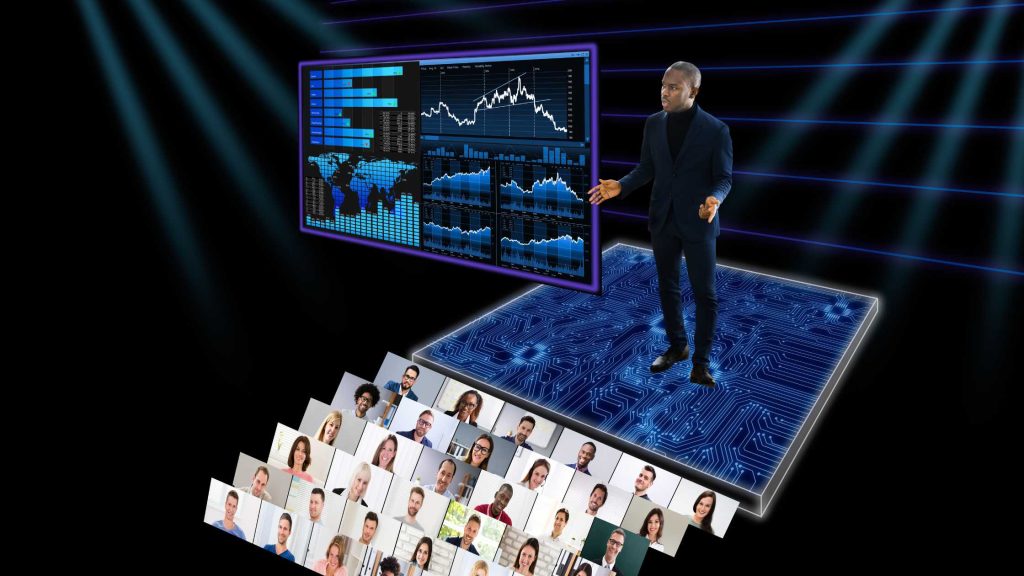
AI doesn’t only empower brands — it’s also revolutionizing how influencers operate. In 2025, top creators are using AI to grow faster, engage smarter, and create better content.
6.1 Content Ideation and Creation
AI tools assist influencers by analyzing trending topics, audience sentiment, and engagement history. Based on this data, influencers receive automated content ideas, hashtags, and posting suggestions.
6.2 Video and Visual Enhancement
AI-powered tools can edit videos, enhance lighting, remove background noise, and even suggest scene changes for better viewer retention.
6.3 Audience Engagement
Chatbots and AI-driven assistants help influencers engage with followers at scale — responding to DMs, answering FAQs, and maintaining interaction without losing authenticity.
6.4 Monetization Insights
AI platforms provide revenue forecasts, suggesting which brand partnerships are most profitable and what pricing strategy fits each campaign.
7. Ethical and Regulatory Considerations
As with any technological evolution, AI in influencer marketing raises ethical questions. The blending of human creativity and machine intelligence must be approached responsibly.
7.1 Transparency
If brands use AI-generated content or virtual influencers, transparency is key. Audiences should know when they’re interacting with AI-created content to maintain trust.
7.2 Data Privacy
AI relies on massive data sets. Brands must ensure compliance with data protection laws and avoid collecting or processing audience data without consent.
7.3 Authenticity
Over-automation can risk losing the human touch that makes influencer marketing effective. Audiences connect with emotion, imperfection, and relatability — traits AI can mimic but not fully replicate.
7.4 Bias in Algorithms
AI tools can unintentionally amplify biases if trained on unbalanced data. Marketers must monitor outputs to ensure diversity and fairness in influencer selection.
8. Challenges and Opportunities Ahead
While AI opens exciting opportunities, it also brings new challenges. Understanding both is vital for future success.
8.1 Key Challenges
- Loss of Human Connection: Overdependence on automation may dilute the genuine human storytelling that audiences love.
- Algorithm Dependence: Marketers relying too heavily on AI may miss cultural nuances that data alone can’t capture.
- Data Misinterpretation: AI is powerful, but inaccurate inputs can lead to poor influencer choices or misjudged audience targeting.
- Creative Saturation: With AI generating mass content, standing out requires innovation and originality.
8.2 Major Opportunities
- Efficiency: Campaign management time drops drastically with automation.
- Scalability: Brands can simultaneously manage hundreds of influencer partnerships.
- Global Reach: AI breaks language barriers, helping brands connect with global creators.
- Precision: Better audience insights mean smarter, more profitable campaigns.
9. How Brands Can Adapt to the AI-Driven Influencer Future
Brands that want to stay ahead must embrace AI strategically. Here’s how:
9.1 Invest in the Right Tools
Adopt AI-driven platforms for influencer search, content creation, analytics, and ROI measurement. These tools save time and provide data-backed decisions.
9.2 Focus on Authentic Partnerships
Combine AI analytics with human intuition. Use AI to shortlist influencers, but ensure the final choice aligns with your brand values.
9.3 Train Teams for AI Literacy
Your marketing teams must understand how AI works, its benefits, and limitations. Upskill employees in AI-based marketing analytics and automation.
9.4 Leverage Micro and Nano Influencers
AI identifies smaller creators with loyal, niche audiences. These influencers often generate better ROI due to high engagement and trust.
9.5 Use AI Ethically
Transparency builds credibility. Always disclose AI-generated content and respect audience trust.
High-Reaching Keywords: AI marketing tools 2025, brand adaptation strategies, influencer collaboration tools, ethical AI marketing, micro-influencer strategy.
10. Predictions for Influencer Marketing in 2025 and Beyond
Looking ahead, influencer marketing will continue merging creativity with technology. Here are some likely trends shaping the next decade:
- AI-Powered Virtual Influencer Ecosystems: Brands will create full-scale virtual influencer universes to tell interactive stories.
- Voice and AR Integration: AI will merge with voice assistants and augmented reality, offering immersive shopping experiences guided by influencers.
- Predictive Commerce: AI will forecast which influencer collaborations will drive the highest sales before campaigns launch.
- Decentralized Influencer Platforms: Blockchain and AI will work together to create transparent contracts and secure payment systems.
- Cross-Platform Influence Measurement: AI will unify insights from TikTok, YouTube, Instagram, and emerging social platforms into one real-time analytics dashboard.
- AI-Powered Influencer Agencies: Agencies will rely almost entirely on AI systems for client matchmaking, content analysis, and campaign execution.
11. Practical Steps to Get Started with AI-Driven Influencer Marketing
For marketers or entrepreneurs entering this space, here’s a roadmap to adopt AI effectively:
- Define Clear Objectives: Establish measurable goals — awareness, leads, or sales.
- Choose the Right AI Platform: Select tools that offer influencer analytics, campaign automation, and ROI tracking.
- Segment Your Audience: Use AI insights to understand who you’re targeting and why.
- Identify Authentic Influencers: Use machine learning to analyze engagement and detect fake followers.
- Craft Personalized Campaigns: Allow AI to customize messaging for different audience segments.
- Track and Optimize: Use AI dashboards to monitor campaign metrics in real time and tweak performance mid-campaign.
- Combine AI and Human Creativity: Let algorithms handle the data while humans focus on storytelling and connection.
12. Influencer Marketing with AI – Conclusion
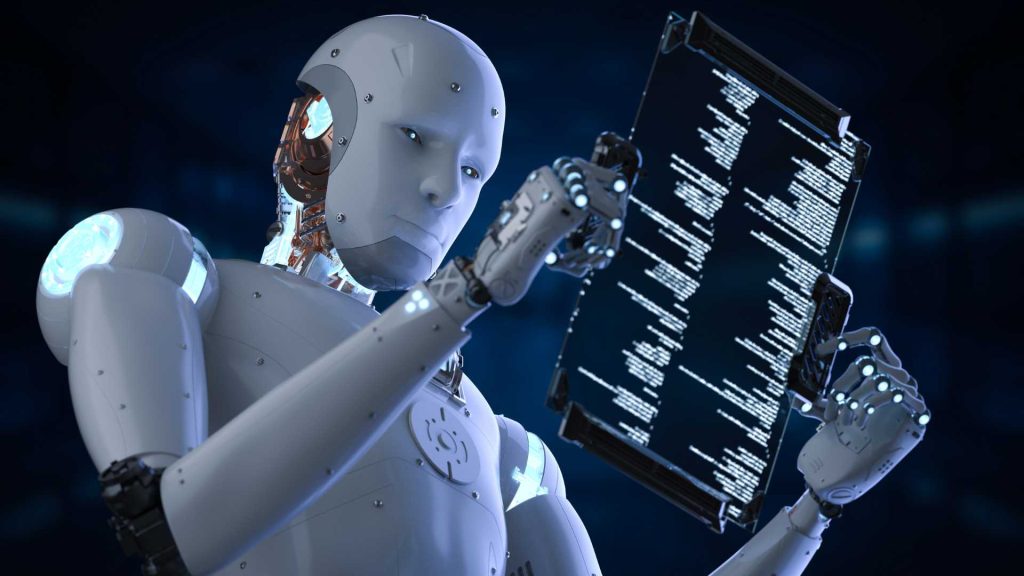
The fusion of artificial intelligence and influencer marketing represents the future of digital advertising. In 2025, the brands that win are those that balance technology with humanity — using AI for insights, speed, and scale, while maintaining authentic relationships with creators and audiences. Influencer marketing powered by AI is more efficient, measurable, and creative than ever before. It transforms guesswork into precision, influencers into data partners, and content into intelligent storytelling.
Buy Now : Ready Made Digital Store with 100 Digital Products
Yet, amid all this automation, authenticity remains the heartbeat of success. The future belongs to brands that use AI not to replace human connection but to amplify it — crafting campaigns that are smarter, faster, and deeply resonant with real people. As we move further into this AI-driven decade, influencer marketing will evolve into something even more powerful: a seamless blend of technology, creativity, and human emotion.
Disclaimer : This article is intended for educational and informational purposes only. Influencer marketing outcomes may vary based on factors like industry, budget, audience, and execution. Readers are advised to conduct their own research and consult marketing professionals before applying AI tools or strategies to their campaigns.
Keywords : Influencer Marketing with AI – Influencer Marketing with AI 2025

